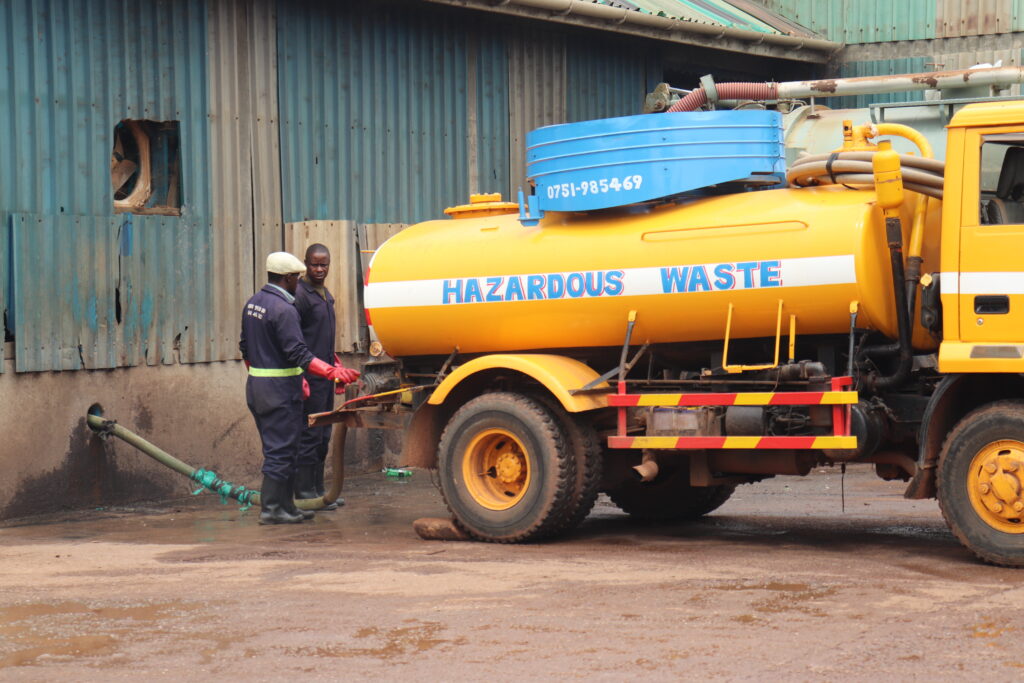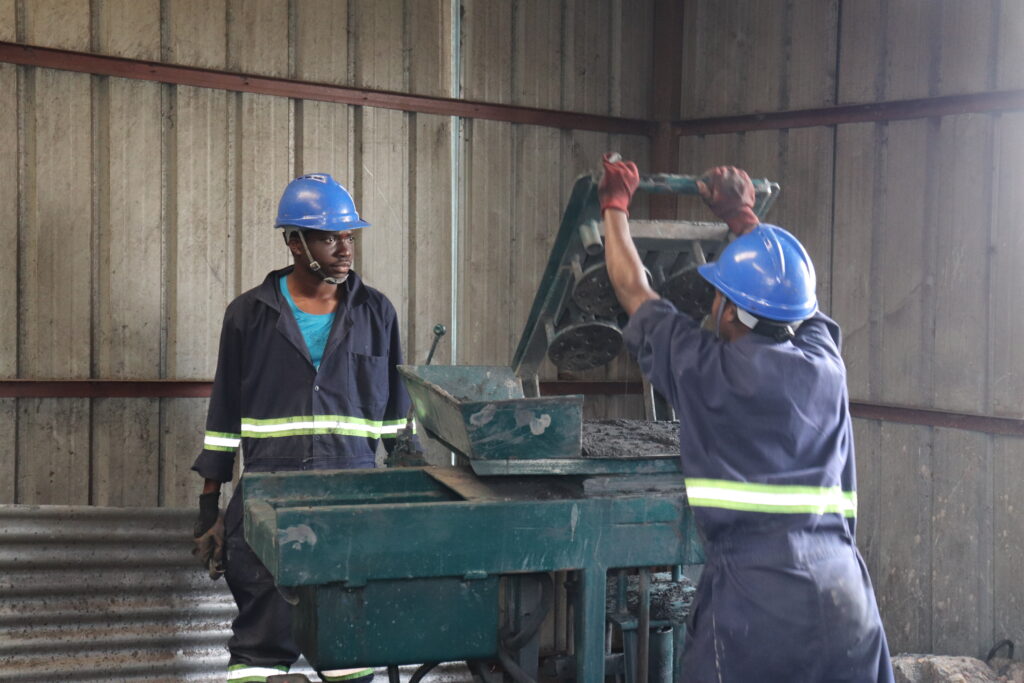
In the pursuit of safeguarding public health and preserving the environment, Uganda witnessed a groundbreaking transformation in its sanitation practices after the revision of the Public Health Act in 2000. Despite the considerable progress with 34.5 million people now using toilets, challenges still persist due to a lack of awareness about proper sanitation practices, leading to open defecation and improper waste disposal. Such practices pose a severe threat to the environment and human well-being. However, the National Water and Sewerage Corporation’s (NWSC) Kampala Water (KW) region has been at the forefront, introducing innovative initiatives to address these issues and create a safer and cleaner ecosystem for all.
KW recognizes the urgency of proper sanitation and has partnered with Water For People, an international non-profit organization, to transform sewerage sludge into valuable resources in what has been dubbed, “Educational Series for Better Sanitation” campaign. The campaign seeks to empower communities with knowledge, encouraging them to be champions of their own health and environment.
Notably, over the years, KW has taken up the responsibility of enhancing sanitation conditions across the greater metropolitan through various impactful initiatives with their efforts focused on connecting communities to sewer lines, constructing waste treatment plants, and other proactive measures to ensure the proper management of sewage and protect the environment from pollution and associated health risks, such as cholera and diarrheal diseases.
At the heart of this mission lies the Lubigi treatment plant. This state-of-the-art facility treats both faecal sludge and wastewater in four comprehensive stages, including preliminary, primary, secondary, and tertiary treatments. All processes are meticulously designed to meet the discharge standards set forth by the National Environment Management Authority (NEMA). The plant’s dedication to safety and environmental protection ensures that before discharging treated waste into swamps or lakes, samples are rigorously tested in their laboratories to guarantee compliance with stringent regulations.
By drying and carbonizing the sludge and blending it with other raw materials like banana peelings and concentrated charcoal, they create eco-friendly briquettes. The KW-Water For People initiative serves dual purposes, providing sustainable livelihoods while mitigating the environmental impact caused by traditional charcoal production.
The region is committed to fostering a culture of responsible sanitation practices among the masses. In their “Educational Series for Better Sanitation” campaign, KW aims to sensitize the public about their programs and how individuals can actively participate in the fight against poor sanitation practices.



